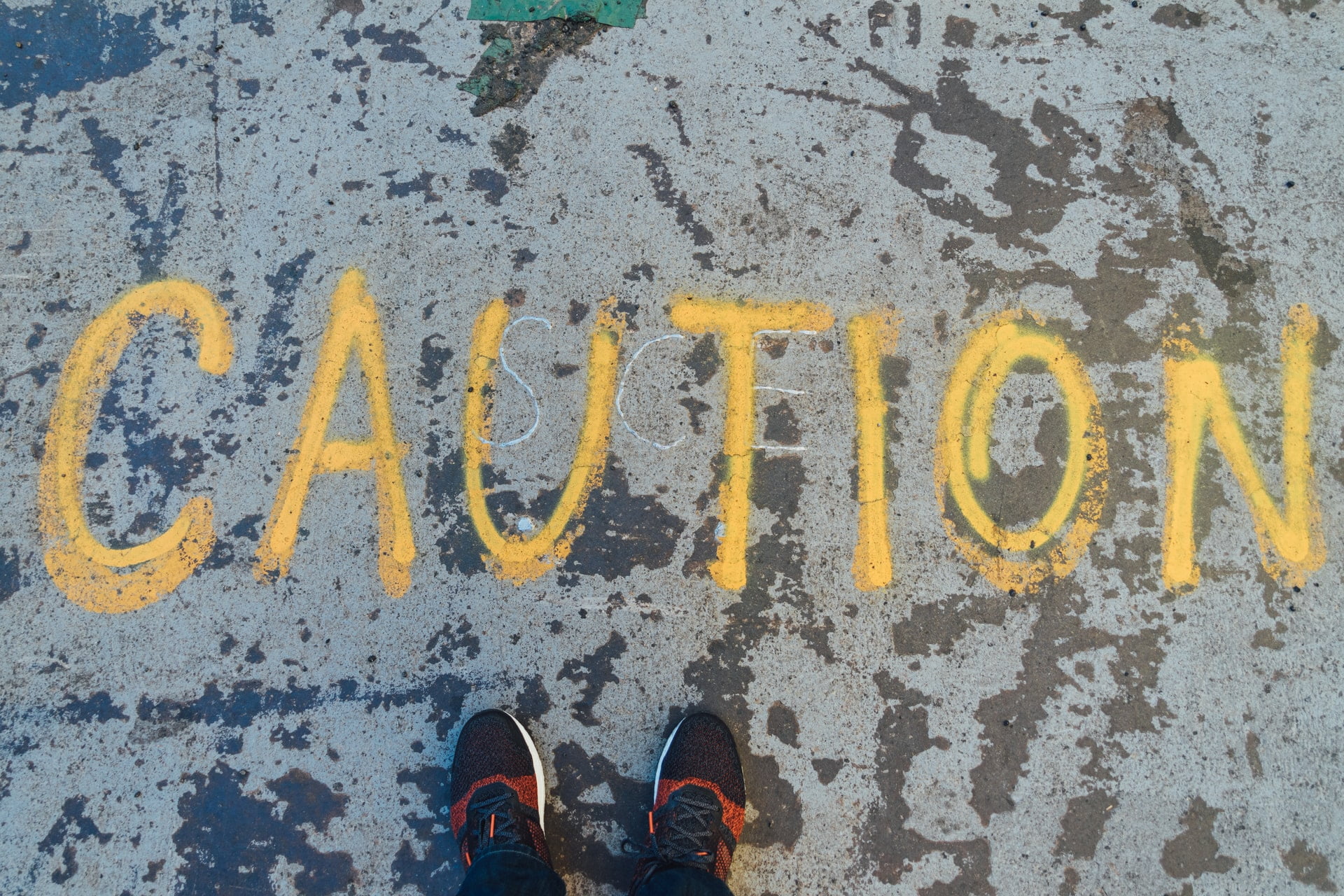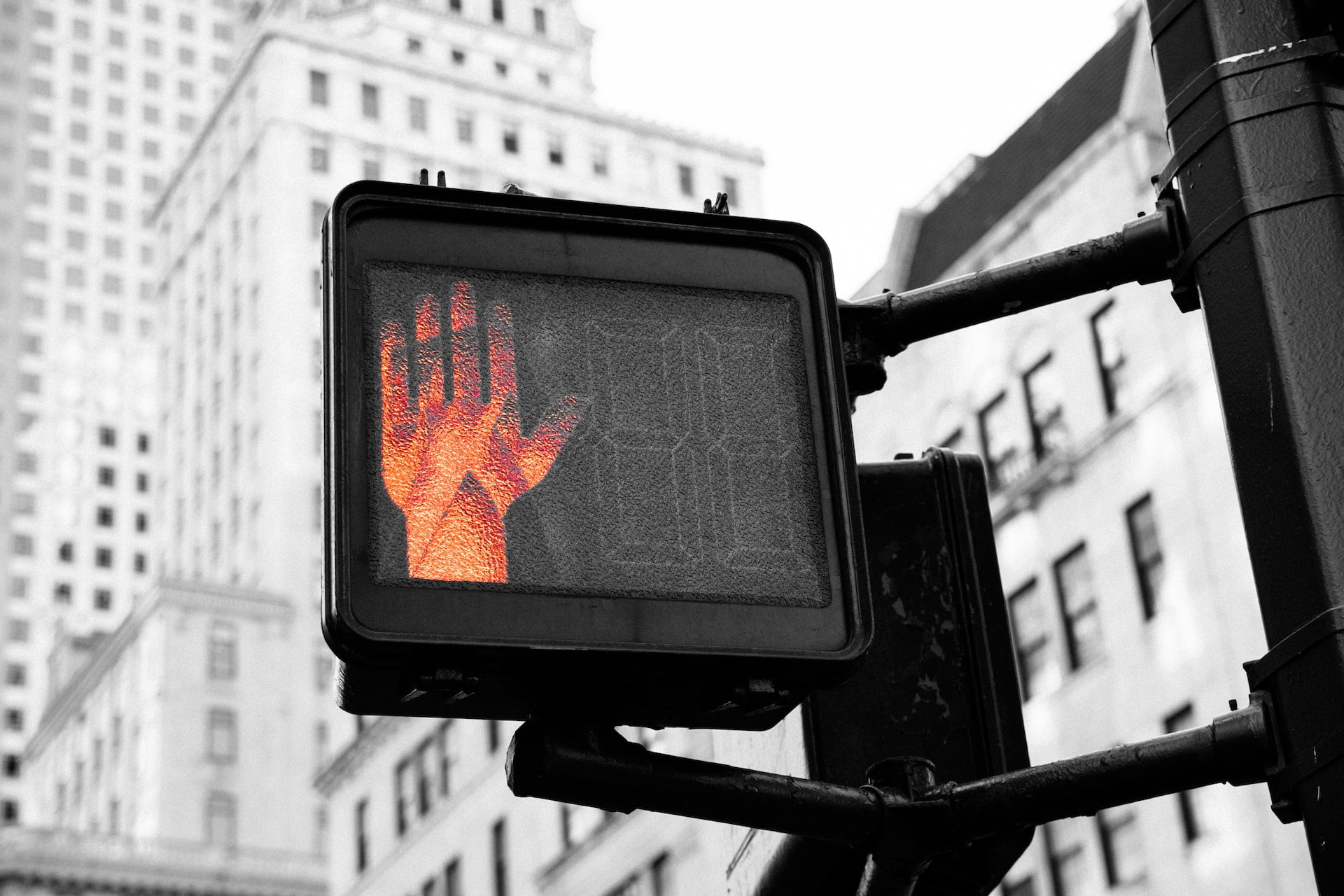Healthy friendships are an integral part of our lives. They help us learn and provide support when we need it. But an unhealthy friendship can exacerbate stress, weaken our sense of self, and contribute to low confidence. When we discover that a friend is gaslighting, it indicates that he or she has unhealthy behavior patterns.
What is gaslighting?
Gaslighting is a form of manipulation and emotional abuse where one person attempts to exert control over the other person. This control is usually at the expense of causing the other person to doubt himself or herself. It also can, over time, make the victim struggle to know what is real and what is not.

This form of manipulation exists in marriages, romantic relationships, and workplaces, but it can be trickier to identify in a friendship. People tend to assume their friends want what is best for them. Yet if a friend is already unhealthy or grew up in an emotionally abusive family, he may not even realize he is manipulative.
You need to recognize the gaslighting signs within a friend context; you’ll want to know how to spot the signs, what to do about them, and how to make changes to your friendships in the future.
Common Signs
Some gaslighting signs are easier to see than others. For example, if a friend tells you that another friend said something negative about you or painted you in a light that’s outside that other friend’s character, pay attention.
Your friend who told you that may be gaslighting you. Why? If she can get you to believe that your other friend isn’t honest or does not think rightly about you, you may pull away emotionally from the other friend and draw nearer to your friend who is gaslighting you. It’s a subtle technique to call into question your other friendships. Friends who struggle with jealousy might do this because they can’t accept that you have other friends.
 In addition to jealousy, gaslighting friends may struggle with accepting blame. A friend who has healthy behavioral patterns owns up to her mistakes. She can admit when she has done something to cause hurt feelings or if she forgot to call when she said she would. But a friend who manipulates doesn’t accept blame as easily. Instead, she tried to twist the situation so that it makes you feel like you are at fault.
In addition to jealousy, gaslighting friends may struggle with accepting blame. A friend who has healthy behavioral patterns owns up to her mistakes. She can admit when she has done something to cause hurt feelings or if she forgot to call when she said she would. But a friend who manipulates doesn’t accept blame as easily. Instead, she tried to twist the situation so that it makes you feel like you are at fault.
It requires bravery to confront a friend when your feelings are hurt, yet it’s the right thing to do. If your friend shifts the blame and you walk away wondering what you did, or you are confused about who is really at fault, then she has exhibited gaslighting signs.
Gaslighting Signs That Are Easy to Ignore
Especially if you have grown up with your manipulative friend, you might not recognize gaslighting signs right away. You may experience personal growth at a faster rate than your friend. Experiences such as going away to college, making mistakes in the workplace, and owning up to them, and seeing a counselor are all healthy pathways to personal growth.
If your friend has not had some of these experiences, he may be less likely to relate to others in healthy ways. Your long-time friendship could suffer, too.
For example, the two of you may have had a joking relationship from when you were kids. You teased each other, labeled one another innocently, and laughed about these comments together. Now that you are an adult, your friend may not know what is going too far. If he accuses you of being dramatic or making a big deal about something, it may be a clue that he is gaslighting you.
Listen to the words he uses after you tell a story, share a personal hurt, or ask for advice. Some of the descriptions you hear might sound like: “It was just a joke. You take everything way too seriously.”
 The issue here is that he is accusing you with an all-or-nothing statement. You’re being attacked for admitting that you’ve been hurt. There is nothing wrong with experiencing hurt feelings and sharing them with a friend. A true friend will listen and acknowledge how you feel, and if applicable, he will take responsibility for his part in the hurt.
The issue here is that he is accusing you with an all-or-nothing statement. You’re being attacked for admitting that you’ve been hurt. There is nothing wrong with experiencing hurt feelings and sharing them with a friend. A true friend will listen and acknowledge how you feel, and if applicable, he will take responsibility for his part in the hurt.
If there’s a toxic balance in your friendship, you can be sure that you will most likely always come out as the loser or the one who is to blame. Your friend may not say so directly, but he may show that he assumes you are at fault in almost any scenario. Be careful about accepting his opinions of you. They could be wrong.
Going back to your values and the way you make decisions is key. Remind yourself who you are and how you live. Remembering these foundations helps you discern what’s real and should be considered when you listen to your friend’s accusations.
A friend does not tell you to stop being something. A friend who cares about you wants to know why you’re feeling the way that you are and how he or she can help. If your friend turns something back around at you (making you feel ashamed or at fault) or if your friend tries to make something all about himself being the good guy, these may be gaslighting signs.
What to Do When You Recognize Gaslighting Signs
One important aspect of befriending someone who has gaslighting tendencies is awareness. When you become aware of the behaviors associated with gaslighting, you have choices.
Gaslighting signs include lying, minimizing your feelings, distracting you if you bring up something that requires your friend to take ownership, or even discrediting you to others. If your friend remembers an event differently, and this happens frequently, he may be gaslighting you – trying to manipulate you to believe an event happened in a way that it did not.
If your friend tries to shift the blame to you or someone else, it’s another gaslighting sign. Denying any wrongdoing is a clear signal that something is not right.
How do you proceed if you recognize these signs?
First, take a step back from the friendship. This can give you space to evaluate anything that’s causing you to doubt. For example, if you doubt yourself, your decisions, and your memory, these might be inaccurate and unfounded doubts. This could be because you’ve been in a friendship where gaslighting is prevalent. Space can help you see things differently.

Second, start a journal or save texts from your friend in a separate folder on your phone. Just as you would gather evidence when you feel someone is stealing from you or committing a crime, it’s important to gather proof of gaslighting. It may be difficult for you to do this when you care about your friend. However, your well-being is valuable. If your confidence is low and you struggle with your self-esteem, this is an important step.
Third, provide boundaries for your friend. Perhaps she drops by unannounced and asks you to attend a party or do something you don’t want to do. Feel free to say no. If she gets mad or tries to use your “no” against you, stand firm and include that experience in your journal. It is a sign of gaslighting.
Fourth, seek an outsider’s perspective. This is where one of the counselors at our office can help. If you are unsure about this friendship, it is wise to seek assistance from professional mental health experts. A trusted counselor can listen to your experience and give you wisdom about how to either make changes in your friendship or, possibly, end the friendship altogether.
Finally, believe in yourself. Identifying gaslighting signs in friendship and asking for help are tools in your wellness journey. You are worth it.
“Caution”, Courtesy of Goh Rhy Yan, Unsplash.com, CC0 License; “Do Not Cross”, Courtesy of Kai Pilger, Unsplash.com, CC0 License; “Warning Sign”, Courtesy of Fleur, Unsplash.com, CC0 License; “Direction”, Courtesy of Kent Banes, Unsplash.com, CC0 License
- Brooke Turbyfill: Author
Brooke Turbyfill is a freelance editor and writer from north Georgia; she enjoys connecting with people over coffee, hiking, and reading books of all genres. When she isn't editing a book or writing an article for clients in the health and education...
DISCLAIMER: THIS ARTICLE DOES NOT PROVIDE MEDICAL ADVICE
Articles are intended for informational purposes only and do not constitute medical advice; the content is not intended to be a substitute for professional medical advice, diagnosis, or treatment. All opinions expressed by authors and quoted sources are their own and do not necessarily reflect the opinions of the editors, publishers or editorial boards of Stone Oak Christian Counseling. This website does not recommend or endorse any specific tests, physicians, products, procedures, opinions, or other information that may be mentioned on the Site. Reliance on any information provided by this website is solely at your own risk.






